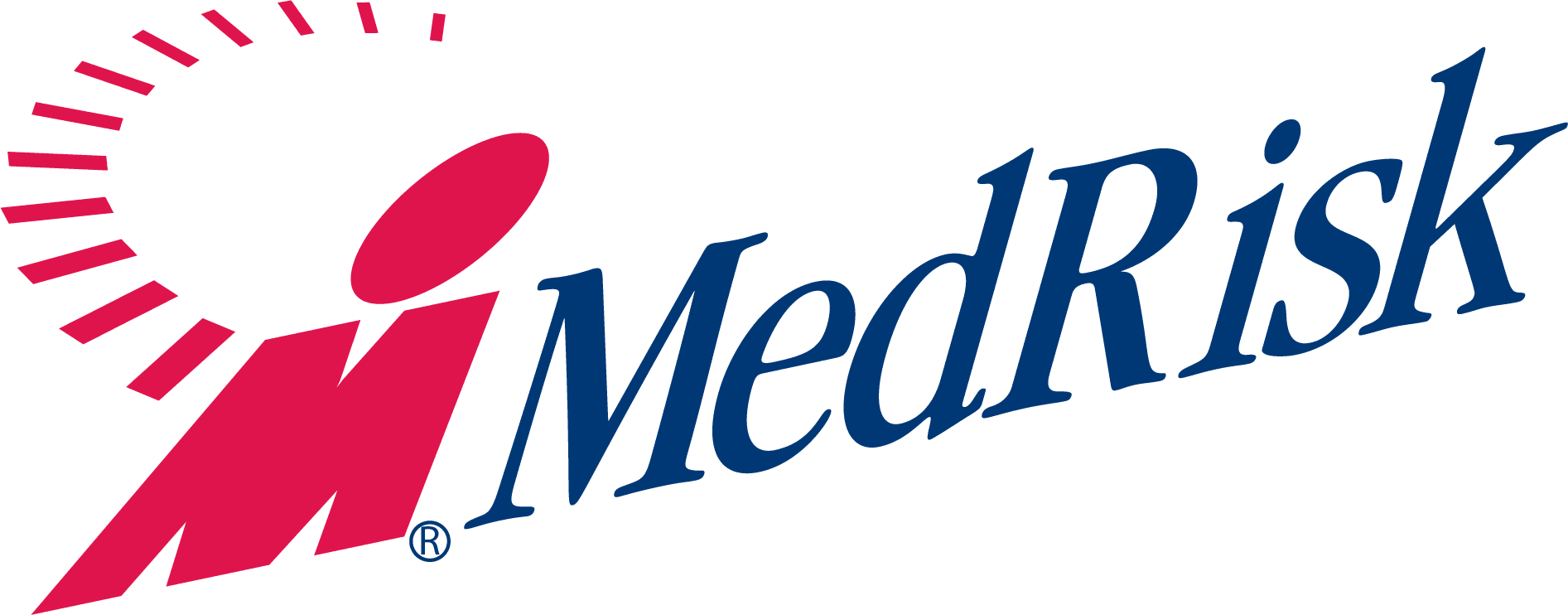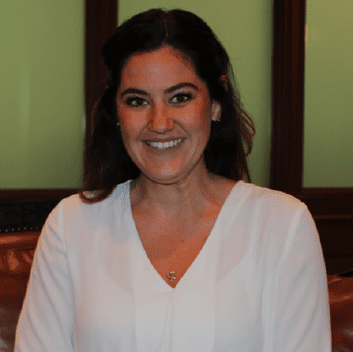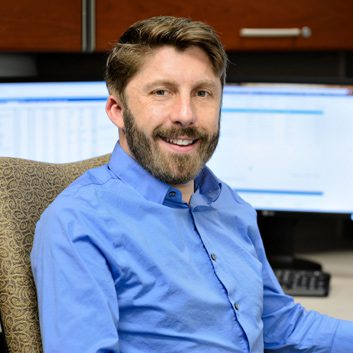Research has shown that fear, anxiety and other psychosocial factors can be barriers to recovery in injured workers. How should PTs go about factoring these concerns into their treatment plans? MedRisk Advisory Board member Chris J. Main, PhD, weighs in.
MedRisk ISAB member Chris J. Main, PhD, has had an interest in musculoskeletal pain and disability for more than 40 years, but becoming an authority on the subject was not a deliberate plan. According to Main, his expertise in the bio-psychosocial approach to pain management is a culmination of experience in a diverse range of settings.
Main initially began working in orthopaedic surgery in Glasgow, UK, before gaining experience at a tertiary pain clinic in Manchester, UK. Over the course of this time, he recognized the bearing that fear, catastrophizing, and other psychosocial factors can have on the rehabilitation process. At the same time, he saw no formalized clinical framework for proactively addressing the issue.
“Some pain management techniques that were developed originally in the rehabilitation of chronic pain disability are being used as a means of secondary prevention. However, adoption is in its early stages,” Main said.
He is hoping some traction can be gained through his research at Keele University, where he has been working to link psychosocial screening for chronicity with target treatment. The goal is to provide a standard protocol for PTs and other clinicians to identify psychosocial barriers to recovery so they can address them early, ideally preventing chronicity, which often includes delayed return to work (RTW) in the case of injured workers.
Such an approach was studied by Main and fellow researchers from around the globe, who evaluated the effect of a psychosocial intervention protocol on Australian workers with soft tissue injuries. In the intervention group, workers were screened within 1-3 weeks of injury using the Örebro Musculoskeletal Pain Screening Questionnaire, short version (ÖMPSQ-SF) – the same questionnaire that is utilized by MedRisk staffers during PT consult prior to treatment. Those identified as being at high risk of delayed RTW were offered psychological assessment and a comprehensive protocol to address the identified RTW obstacles. Similarly identified injured workers in the control group were managed under usual (stepped) care arrangements.
At 2-year follow-up, the mean lost workdays for the intervention group was less than half than that of the control group. In addition, their claims’ costs were 30% lower, as was the growth trajectory of their costs after 11 months.
“Our findings supported our hypothesis that brief psychological risk factor screening, combined with a protocol for active collaboration between key stakeholders to address identified psychological and workplace risk factors for delayed return to work, can achieve better return on investment than usual (stepped) care,” Main said.
According to Main, outcomes like this are garnering attention from the physical medicine community; however, opportunities for training have remained limited. Recognizing this need, Main is assisting colleagues at Duke University in developing a new training program that uses psychologically informed practice (PiP) as a general framework and emphasizes the nature of communication with the patient as a key component. He sees opportunity for this approach to be harnessed in workers’ compensation as well.
“I believe it has the potential to significantly change the outcome of interventions with tangible benefits to payers and providers as well as injured workers,” he said.



